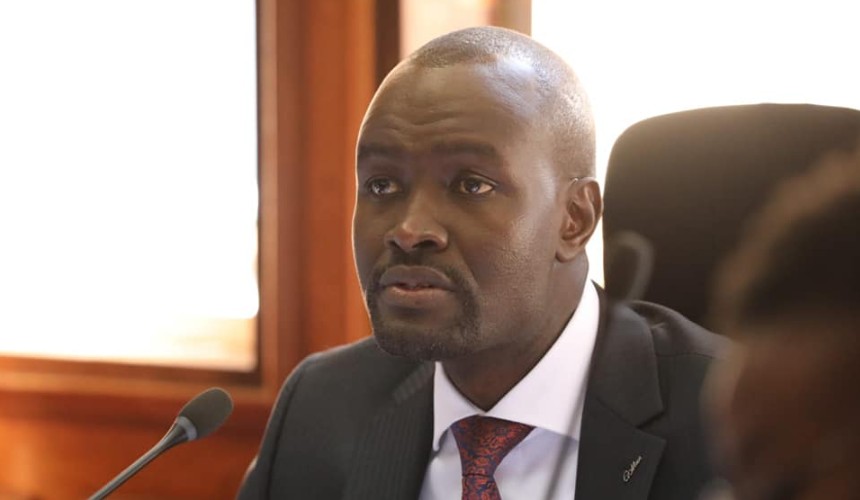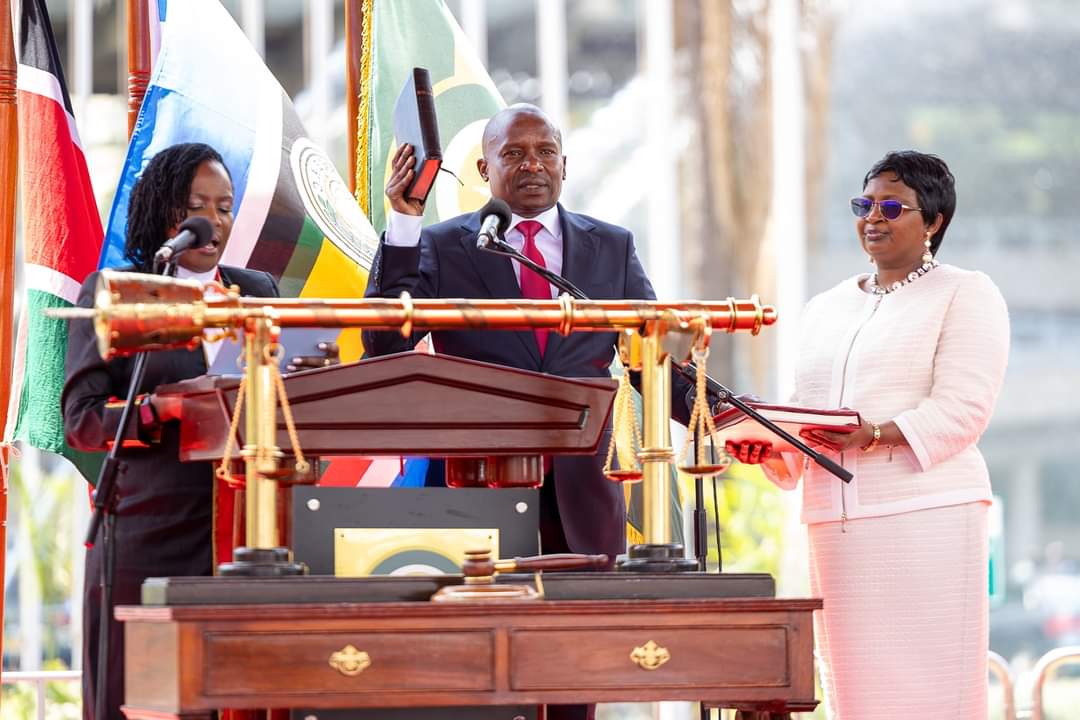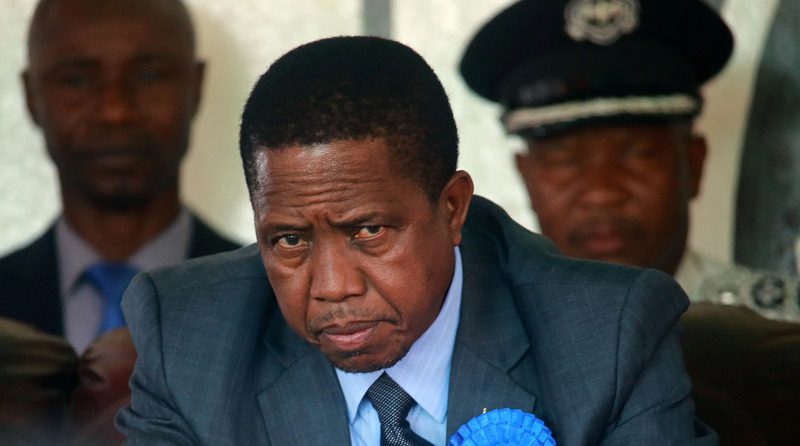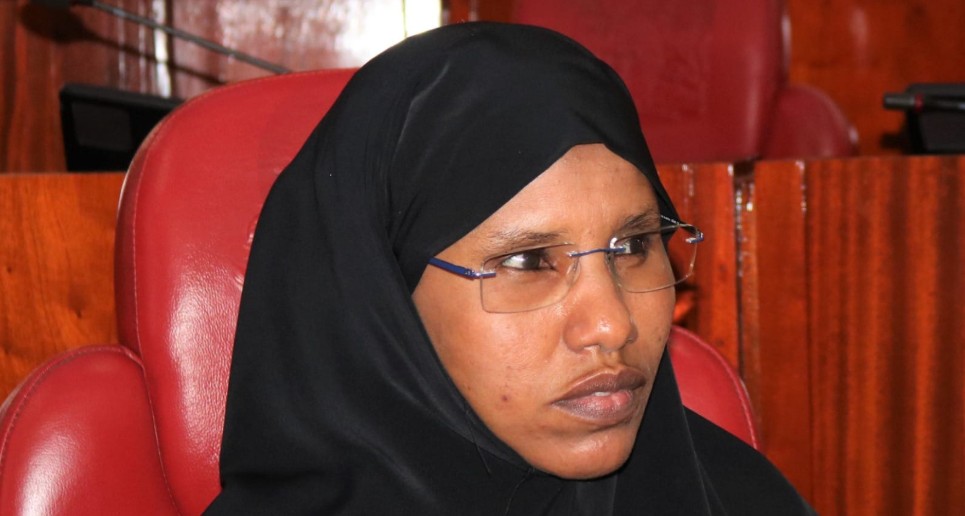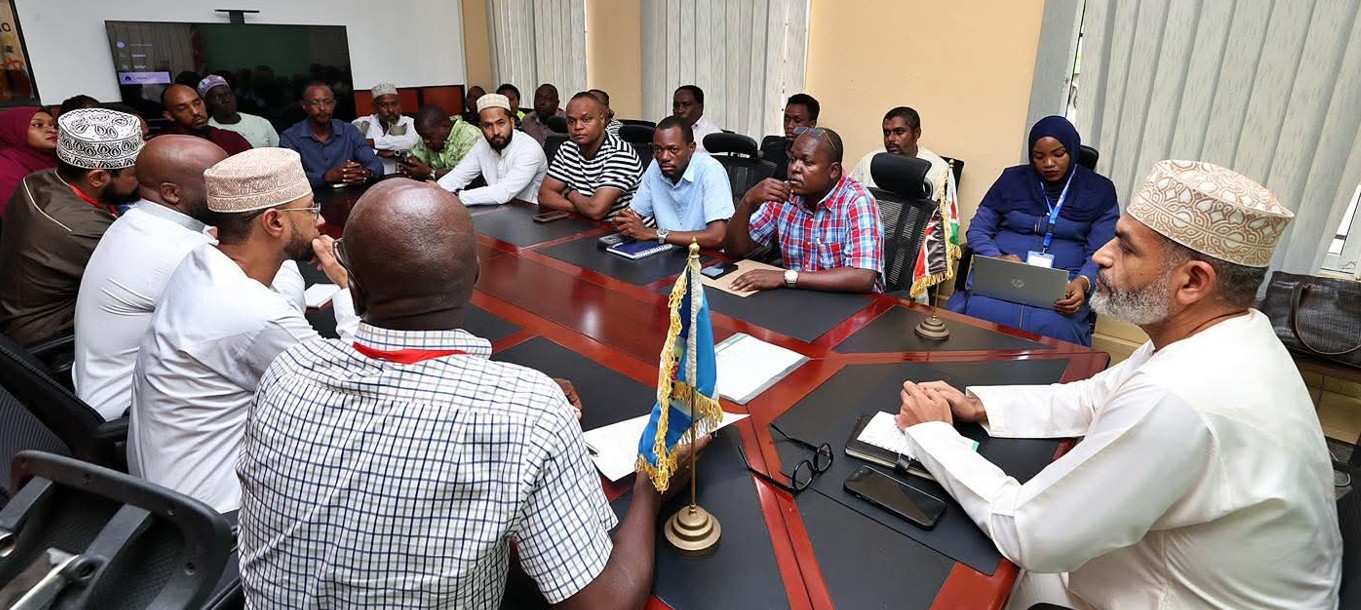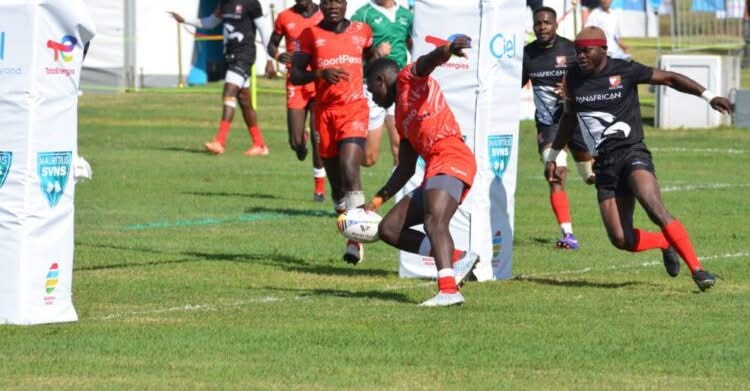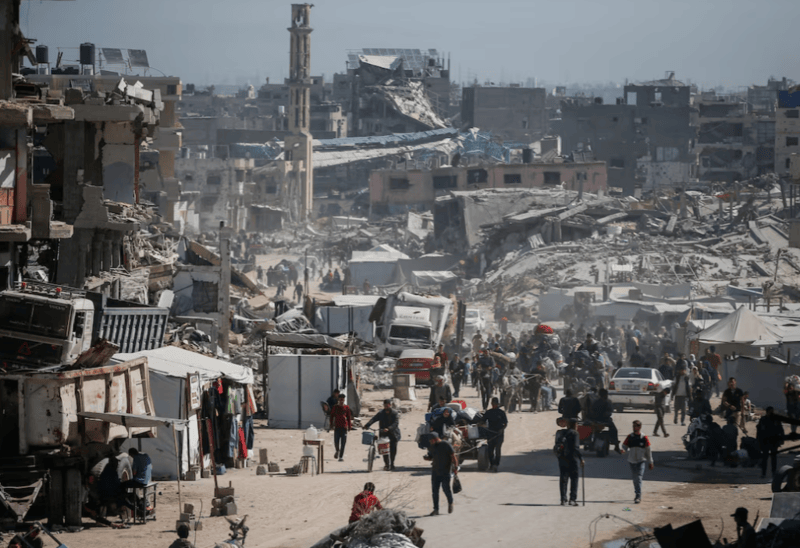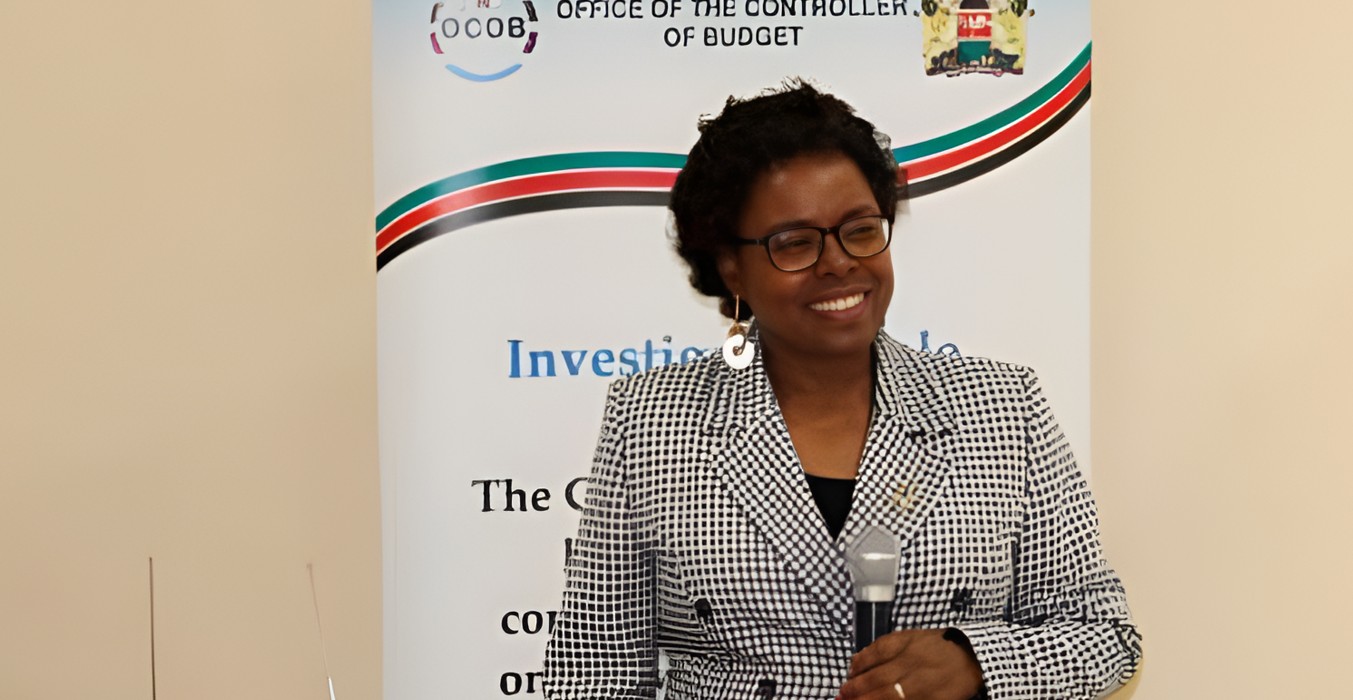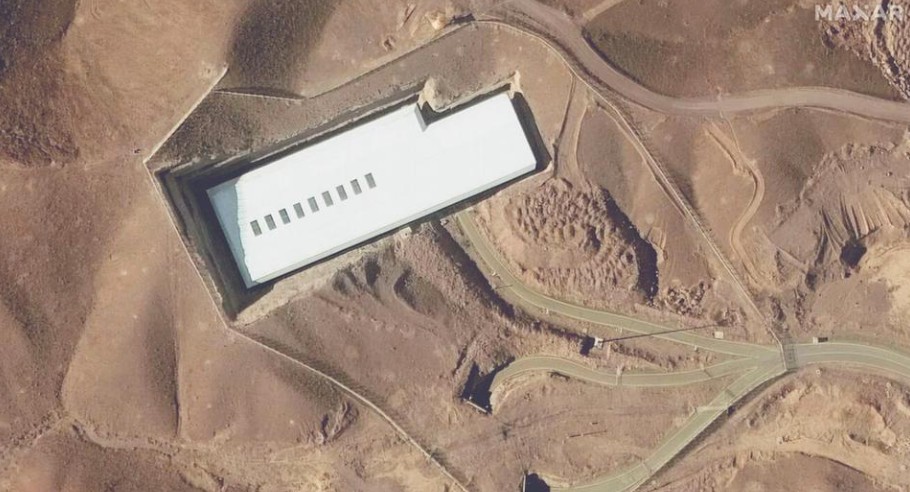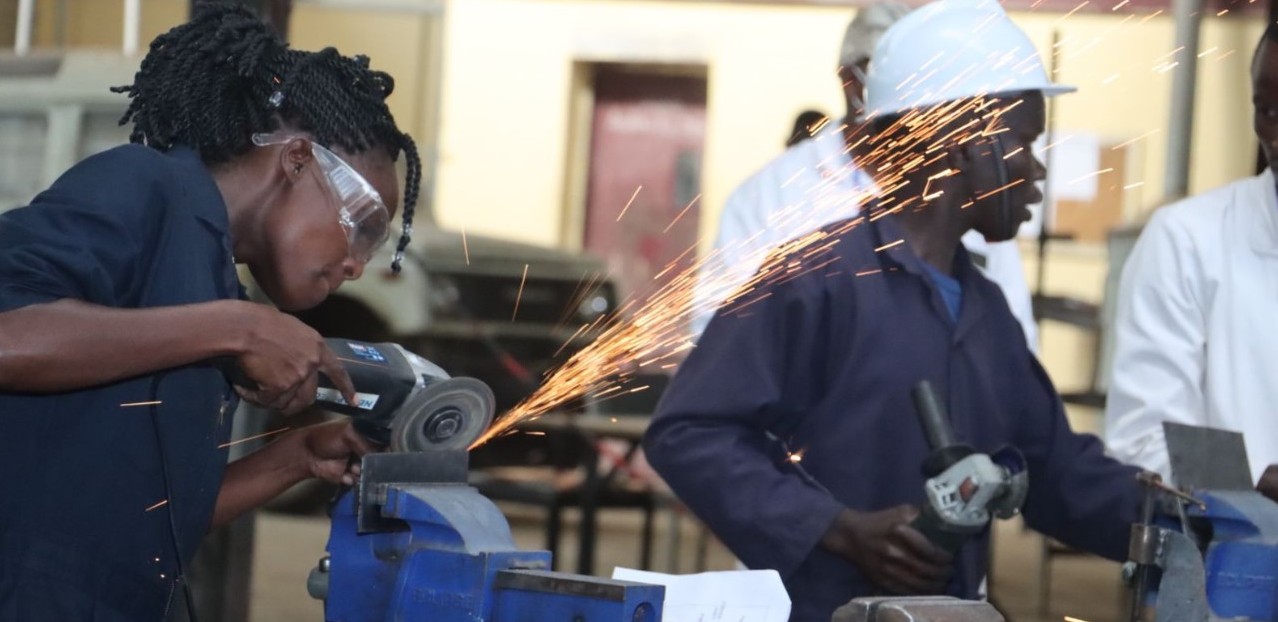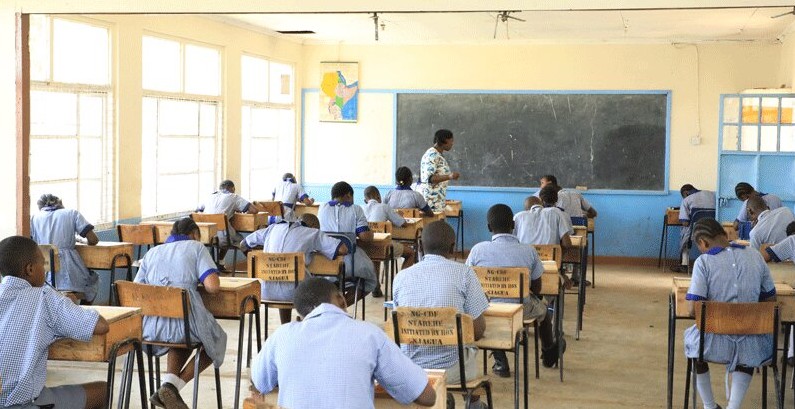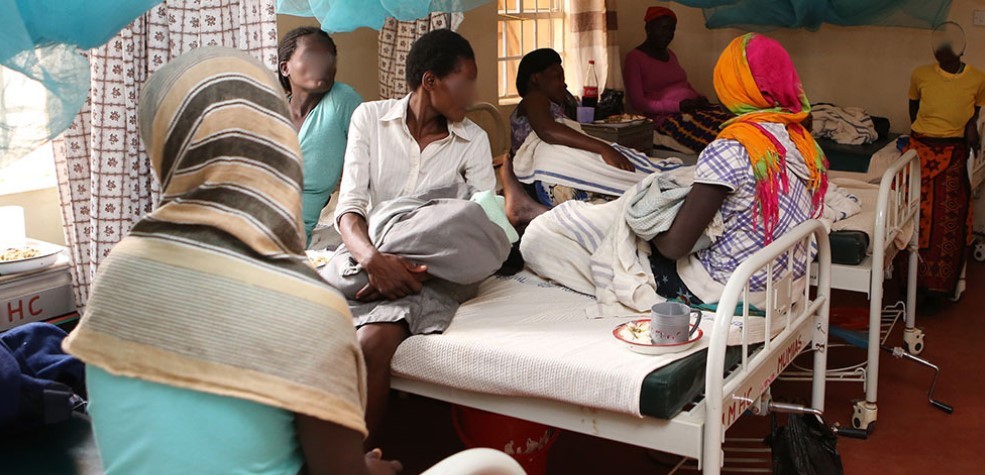After missing school due to extreme heat, African children push for climate action
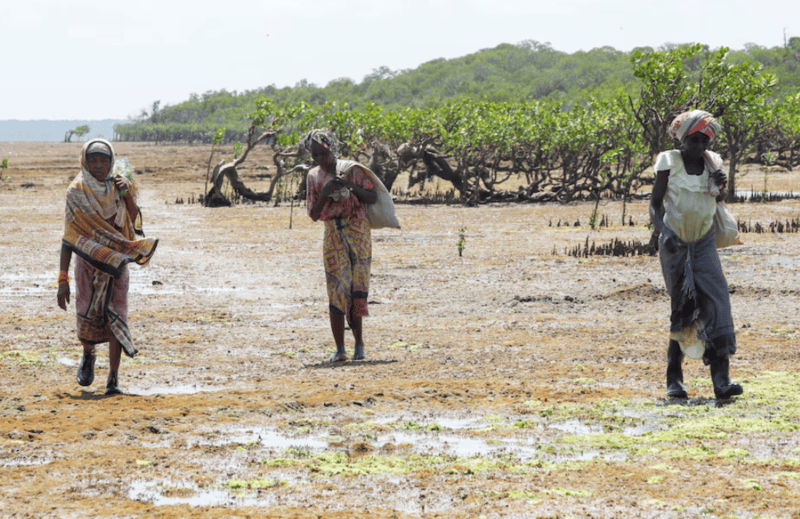
More than 40 million children were kept out of classrooms this year, from Asia to Africa, due to extreme heat, which scientists say has been made worse and more frequent by climate change.
Children from East Africa, where heatwaves and floods have shuttered schools in recent months, are pushing for world leaders to protect their education - and their future - at the United Nations COP29 climate summit in Azerbaijan.
Siama, 17, from South Sudan, missed two weeks of school in April when temperatures surged to 45 degrees Celsius (113 Fahrenheit).
More To Read
- Sexual violence against children in conflict surges by 50 per cent in five years to record high levels
- Tide of change: Coastal women demand bigger role in blue economy
- Kenya unveils 2024–2030 disaster risk strategy to protect lives and boost resilience
- Kenya cuts environment budget to Sh103.8 billion despite climate change pressures
- Thousands join plastic pollution fight as Diani Beach festival kicks off in Kwale
- Coast hoteliers urge tougher anti-pollution measures to protect marine life and boost tourism
"Our country is a developing country so we do not have climate-resilient buildings ... and do not have ACs in school," she said.
More than 40 million children were kept out of classrooms this year, from Asia to Africa, due to extreme heat, which scientists say has been made worse and more frequent by climate change.
Naomi, 14, also struggled with South Sudan's school closures. "This really affected me because this year I am sitting for my national exams," she said.
At home, "we were not able to concentrate because it was hot, the temperatures were really high, you have to focus more on reducing the temperature of your body by going to bathe every two hours".
In Somalia, Nafiso, 16, often can't sleep at night, thinking about her future under climate change.
"My father - he is a farmer. When there is a lot of heat, it becomes a lot of drought. When there is a lot of rain, it is difficult to get the food."
Sometimes she does not have enough food to eat three times a day. Floods, too, have at times prevented her from getting to school.
"This is really making us worried how will the future be if there is no action being taken, if there is no climate finance to create climate-resilient schools in the country," Naomi said.
Top Stories Today
